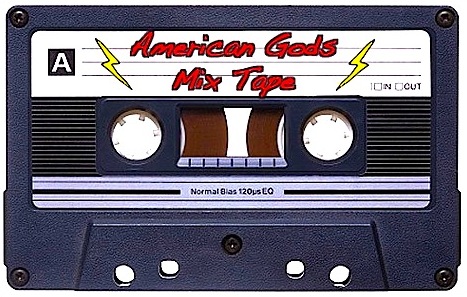
Tuesday, December 25, 2012
Tuesday, December 18, 2012
rejections
As the year draws to a close, I usually take stock: How did I do with my goals for the year, in particular with my writing goals? Some of these goals included polishing my query and synopsis for my MFA novel and querying it; finishing up my time-travel novel, writing a query letter and synopsis, and querying; writing/polishing various short stories and submitting them; querying my favorite novel as opportunities arise, keep writing the three new novels I'm working on. So, the good news is: I achieved all my goals! I actually even had one pro sale, a short story. W00t!
However, I received at least 100 rejections this year. Ugh. Intellectually, I know querying and being rejected is part of the authors job but... Ugh. So, in case you received some rejections in 2012 there are some tales of woe that should make you feel better at the awesome website: http://www.literaryrejections.com/best-sellers-initially-rejected/
Keep on trying! Good luck to all of us in 2013!
Tuesday, December 11, 2012
lab lit?
There's even a wikipedia entry: Lab lit, which states Lab lit is a genre of fiction that centres on realistic portrayals of scientists, and science as a profession.
Let's take a step back. What exactly is science fiction? I interviewed one of the world's foremost experts on this in 2007. James E. Gunn said, Science fiction is the literature of change; science fiction is the literature of the human species; science fiction is a (note not "the") literature of ideas. If I had to choose one, slightly longer, it would be: Science fiction is the literature of the human condition experiencing meaningful change.
So, does lab lit fit into this definition? Yes?
As a speculative fiction editor, the question of a story's genre does come up from time to time. I must admit if a story could all be true, I reject it as not speculative fiction. Of course, truth in science is a moving target. Faster-than-light neutrinos would be science fiction. Higgs bosons would not be science fiction.
So, what do you think? Is lab lit a genre? Is it separate from science fiction? I'm undecided...

Tuesday, December 4, 2012
music?
McGovern begins with If you’re familiar with Neil Gaiman’s work, then you know that music tends to play an important part in his writing, both on and off the page. This raises the question, does music play an important part in your writing?
I believe music makes me more productive. It shuts out the world's distractions and enables my creative juices to flow more easily. And, yes, I'm listening right now. :)

